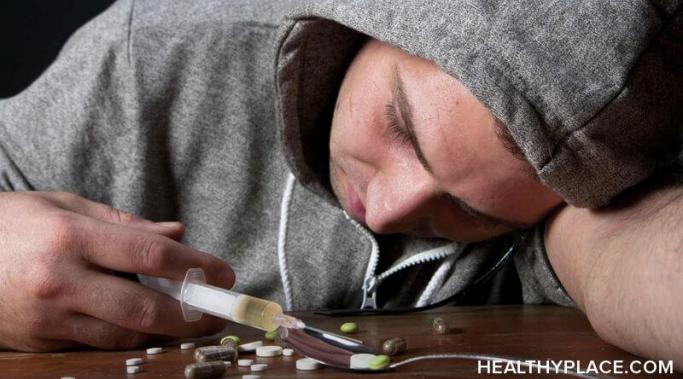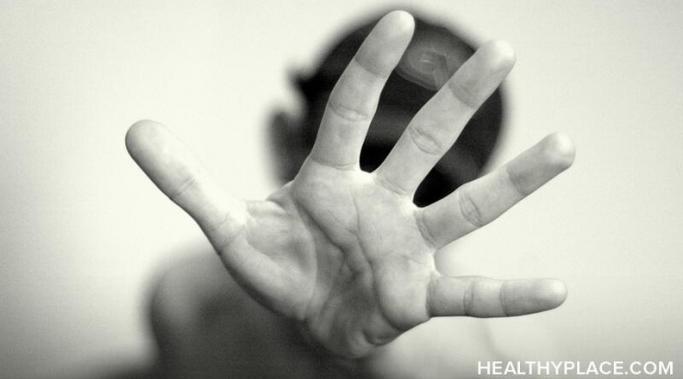The stigma surrounding drug addiction can be just as pervasive as drug addiction itself. It's important to realize that spreading drug addiction stigma doesn't address the overall issue of drug addiction or to people recovering from the illness.
Addiction and Stigma
Dehumanizing people with addiction is something many people do without thinking about it. For example, when someone says “addict,” there are probably a few images that readily come to mind and descriptors to go along with those images — crackhead, drunkard, nasty, degenerate, the list goes on. This is the stigma of mental illness at play as preconceived notions and dated ideas of what it means to have an addiction take over our perception. When we let that happen, we’re dehumanizing people with addiction. This happens with all kinds of addiction, too.
In a recent column for the Calgary Herald, writer Licia Corbella states that she believes Glee star Cory Monteith would still be alive today if it wasn't for Vancouver's safe injection site, Insite.
As a professional who works with people struggling from addiction from both a harm reduction and an abstinence model, I barely even know where to begin with addressing how wrong and distorted her views are.
Ms. Corbella's views can be read right here.
'I need mental health help.'
When you are suffering from a mental illness, these are often the three most difficult words to say. But the real question is 'why?'
"I feel like I have AIDS man! Everybody's scared of me!"
I recently heard these powerful words from a client who struggles with adult Attention Deficit Hyperactivity Disorder (ADHD).
There are a lot of reasons that I chose to get into the field of addiction treatment, and my beliefs in the danger of AA's addiction recovery program (and others modeled on it) was the main reason. Why do organizations such as Alcoholics Anonymous retain such a glorious public perception, all the while having success rates of approximately 5 per cent after one year? Even AA's own Comments on A.A.'S Triennial Surveys, which is difficult to find, and even more difficult to decipher, does in fact state these dismal results.1
This is a two-part series where I explore the inner-world of Electroboy, Andy Behrman. Mr. Behrman speaks openly about bipolar disorder, substance abuse, hypersexuality, the Electroboy movie, stigma and of course, his dream of being the first 'omni-sexual male' on Mars.
According to the New York Times, for every soldier who has died on the battlefields of Afghanistan or Iraq, 25 will die by their own hand. This appalling suicide statistic should be more than enough to wake us up and start dealing head on with the epidemic of PTSD in the military.
In the midst of a psychotic episode, you succumb to the voices in your head telling you the only way to make things right is to set a fire in the local church (Psychopaths Versus Those Who Experience Psychosis). This way, the demons in your mind will allow you to be free.
Schizophrenic. Alcoholic. Manic depressive. Borderline. Addict.
Person.
Every single time I hear someone refer to someone else, or even themselves, by any of the above mentioned words, I cringe. How can one person, filled with such complexities, differences,, interests and aspirations ever be summed up by one word?









